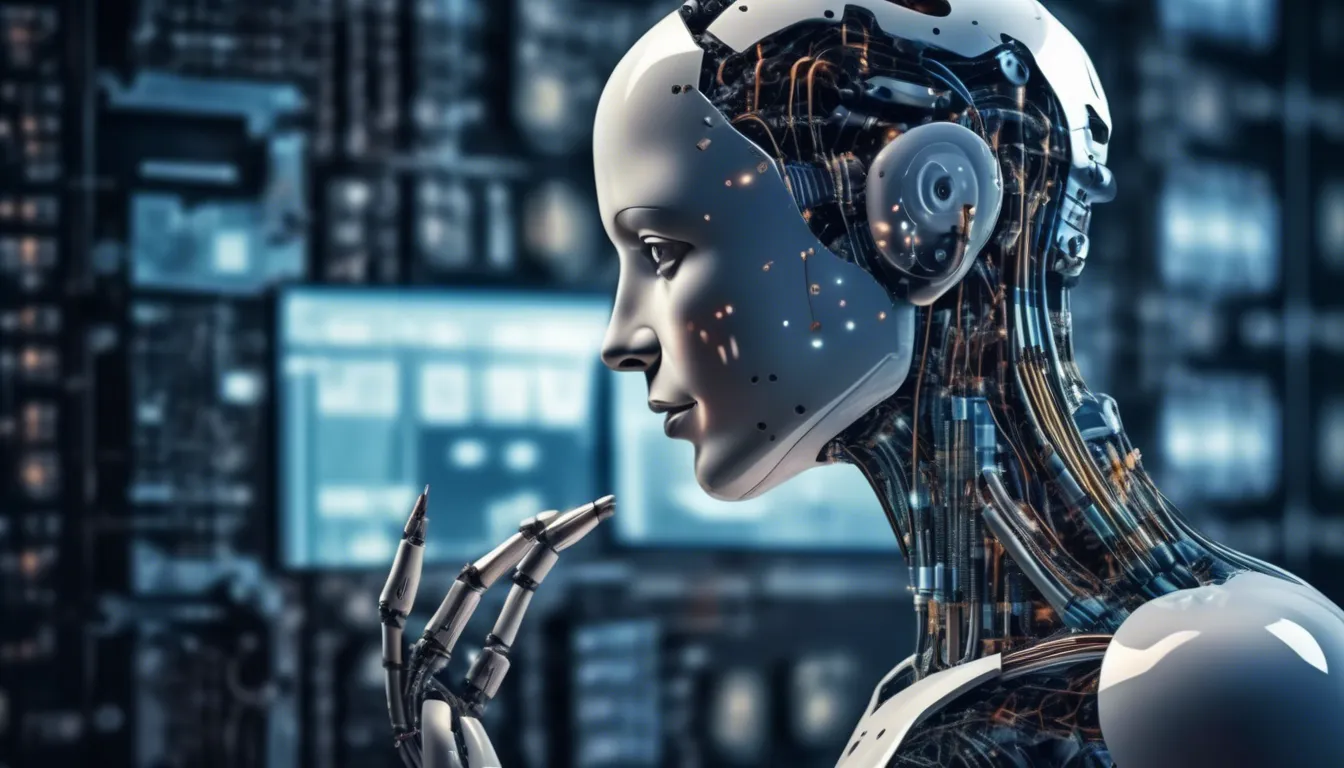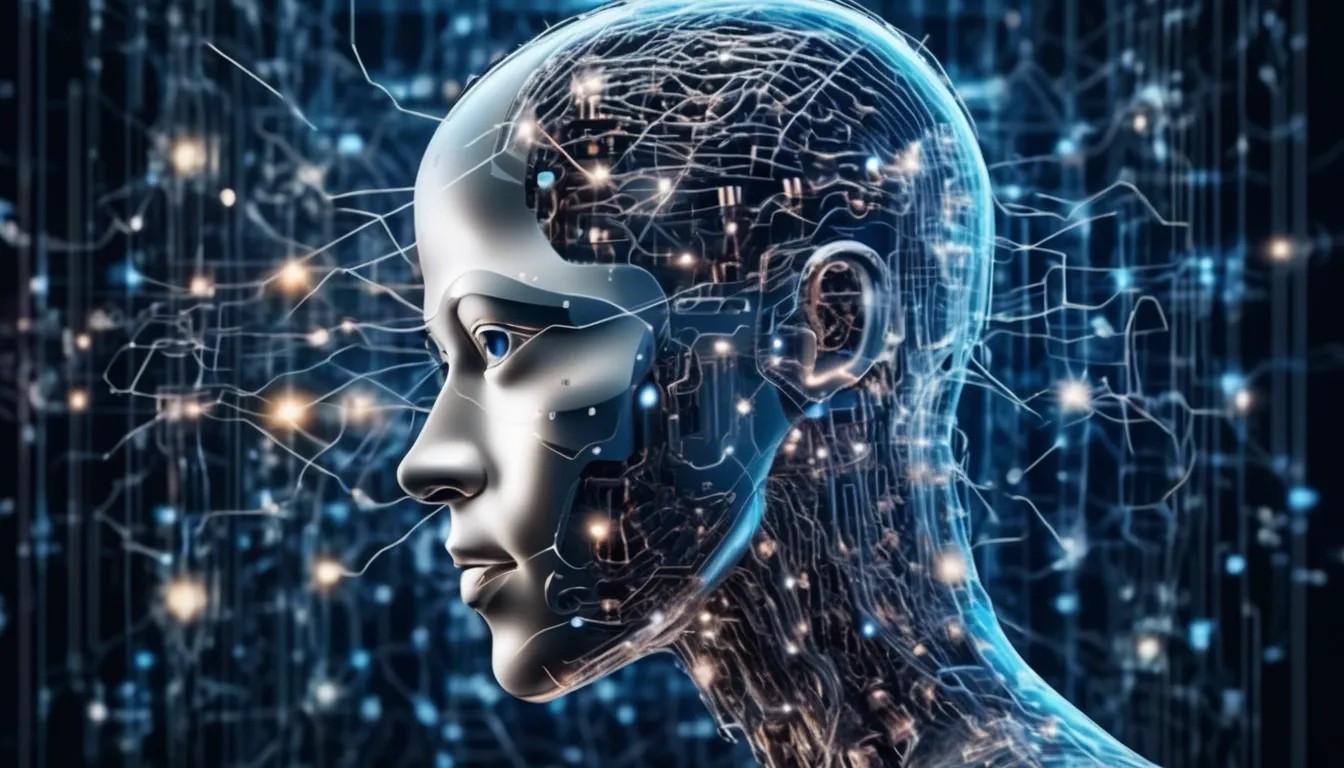Artificial Intelligence (AI) has significantly revolutionized the field of computing technology, transforming the way businesses and individuals interact with machines. From enhancing automation processes to improving decision-making capabilities, AI has brought about a paradigm shift in computing technology. One of the key impacts of AI in computing technology is its ability to analyze vast amounts of data at lightning speed, enabling more accurate predictions and insights. This has paved the way for advanced machine learning algorithms and predictive analytics, driving innovation across various industries.
Another major impact of AI in computing technology is the development of intelligent virtual assistants and chatbots, which have streamlined customer service operations and improved user experiences. These AI-powered solutions are capable of understanding natural language and responding to queries in real-time, making interactions more efficient and personalized. Additionally, AI has played a vital role in the evolution of cybersecurity, as it can detect and respond to cyber threats in real-time, making digital infrastructures more secure and resilient.
The integration of AI in computing technology has not only increased productivity and efficiency but also raised concerns about automation replacing human jobs. As AI continues to advance, it is essential for businesses and societies to adapt and embrace the changes brought about by this technology, ensuring a balance between innovation and ethical considerations. Overall, the impact of AI in computing technology has been profound and is expected to continue shaping the future of technology in the years to come.

 The Future of Elections How Technology is Changing Voting Machines
The Future of Elections How Technology is Changing Voting Machines